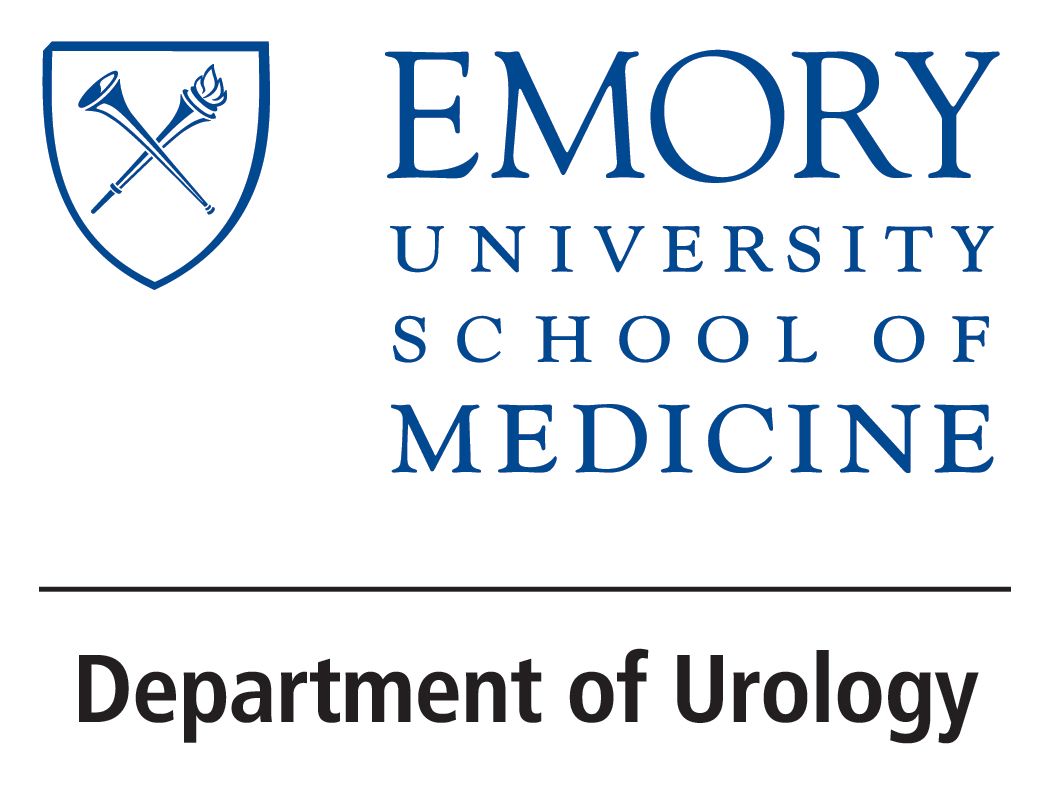
Jindan Yu, MD, highlights ongoing prostate cancer research projects

"We are trying to develop epigenetic biomarkers that can predict patients that are starting to progress to neuroendocrine prostate cancer," says Jindan Yu, MD, PhD.
In this video, Jindan Yu, MD, PhD, discusses ongoing research projects at Emory University. Yu is the Fray F. Marshall Chair in biomedical urologic research, professor, and vice chair for research in the department of urology at Emory University School of Medicine in Atlanta, GA.
Video Transcript:
In addition to my laboratory research, I'm also the contact PI for the SPORE program, which is an NIH funded, over $10 million center grant. The goal of this program is to accelerate the translation of laboratory discoveries into the clinic. We have 4 projects led by over 30 investigators. The 4 projects, one is led by Dr. Martin Sanda and collaborators on the biomarker discovery of distinguishing aggressive prostate cancer vs indolent prostate cancer in the active surveillance space. We have another project is in case immunology, led by Hayden Kissick, PhD, who is also in our department. We have a project, led by myself, which is looking at epigenetic determinants of later stage, castration-resistant prostate cancer, specifically neuroendocrine prostate cancer. We are trying to develop epigenetic biomarkers that can predict patients that are starting to progress to neuroendocrine prostate cancer. We [also] have a clinical trial looking at a new drug that can potentially block the transformation or progression of the disease, or inhibit neuroendocrine prostate cancer that has already progressed.
This SPORE program also involves a lot of investigators from all the Atlanta institutions, including the minority institute school, Morehouse. We have multiple PIs, me as a contact PI, but we have Dr. Martin Sanda, my previous chair, as a PI, and also Dr. Rick Kittles, who's [the senior] president for research at Morehouse, another PI on the on the grant. We have [another] major project. I said 3 projects, there is a fourth project that’s from Clark Atlanta University, led by Dr. Daqing Wu, to test a new treatment for chemo-resistant prostate cancer. It's really a joint effort from multiple institutions at Atlanta to combat prostate cancer together. By incorporating these 2 minority institutions, another major focus of our SPORE program, or [something that] distinguish[es] our program from some existing SPORE programs, is that we have a major focus on health disparities, trying to adjust health disparities. [We have an] advantage at Atlanta [in] our institutions, because 30% of our patients are African American. We want to take advantage of this environment to address this very important question.
This transcript was AI generated and edited by human editors for clarity.
Newsletter
Stay current with the latest urology news and practice-changing insights — sign up now for the essential updates every urologist needs.






